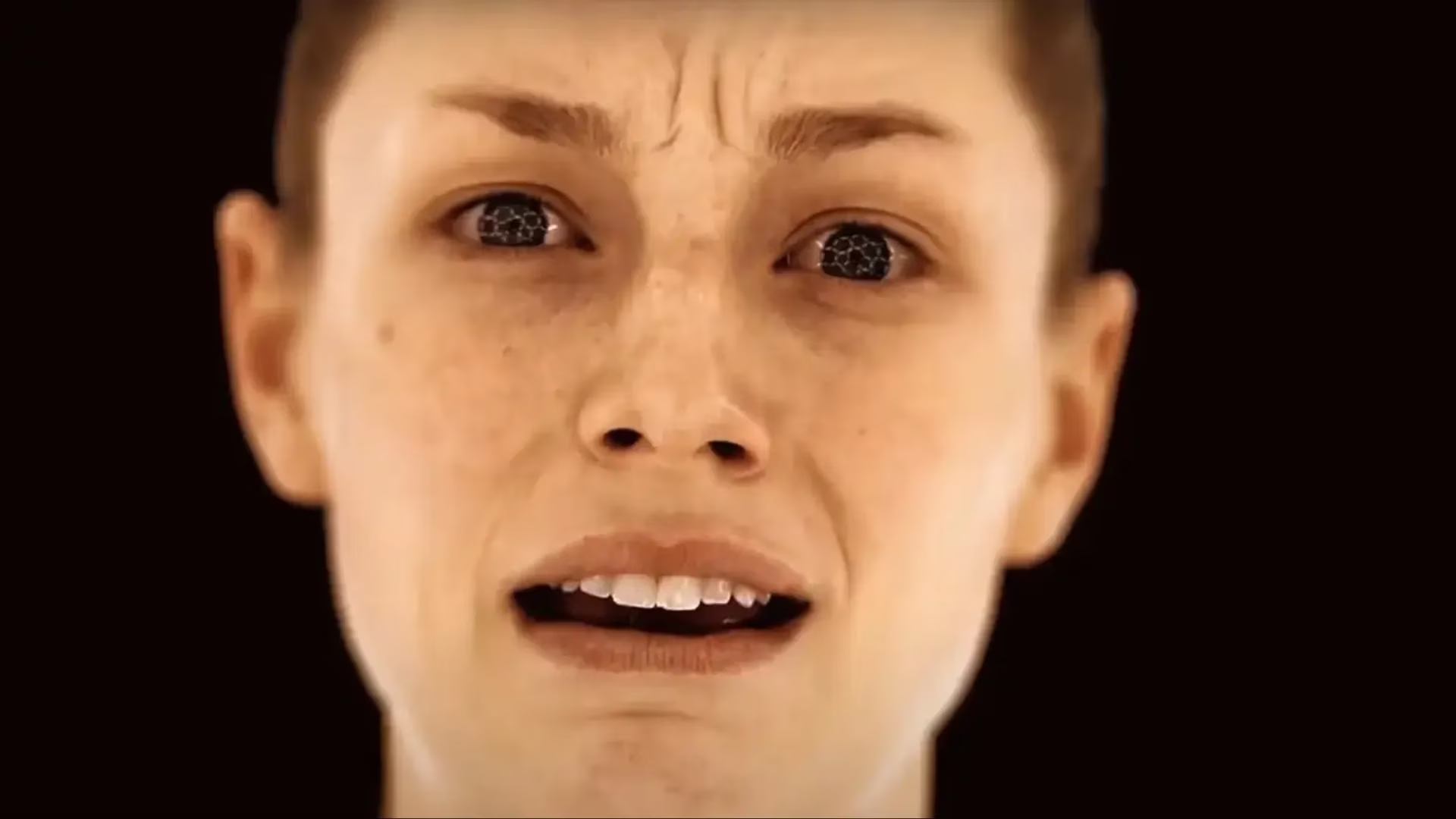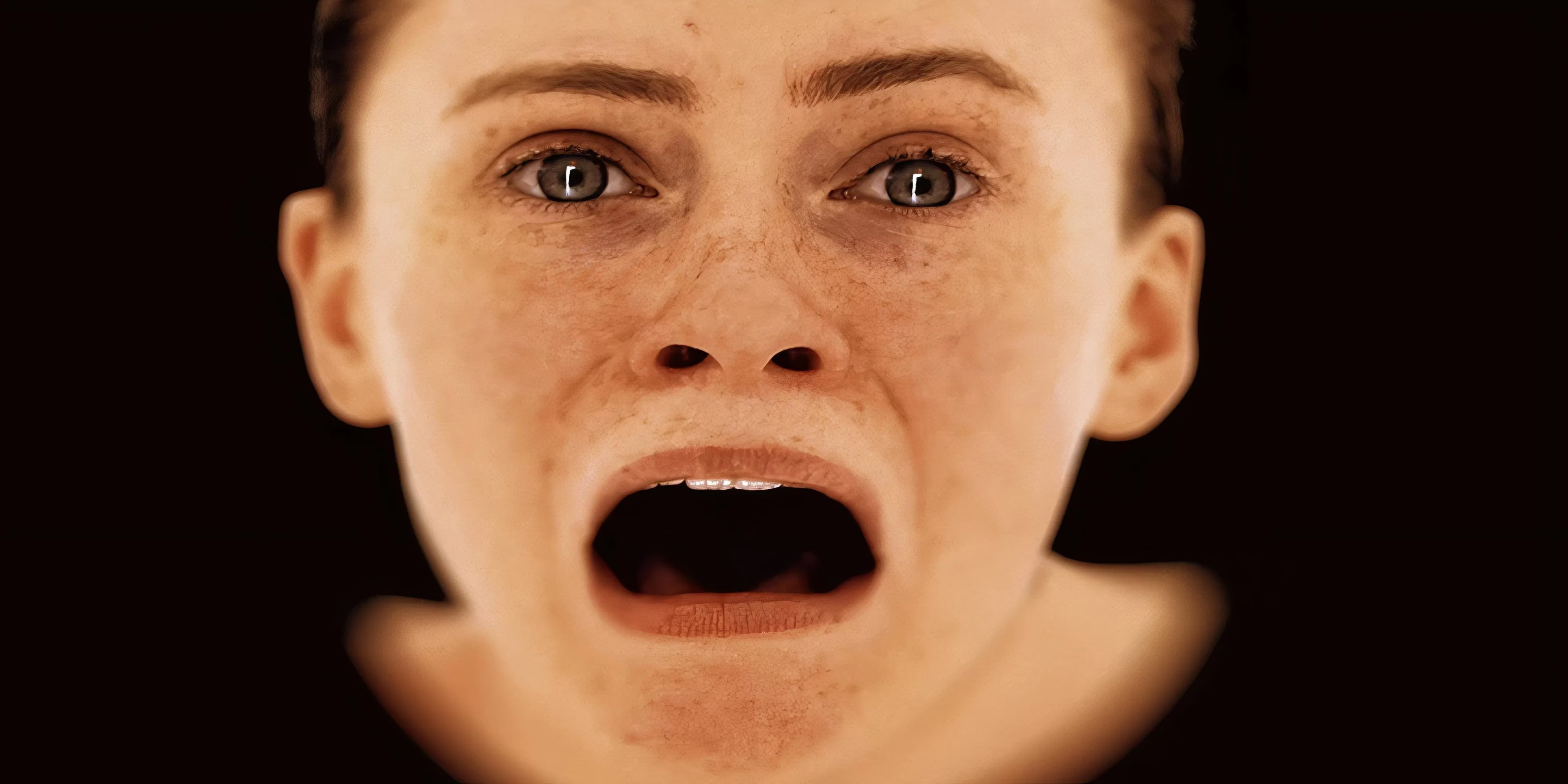I still remember the feeling when I first booted up Death Stranding 2 in early 2025. As a professional gamer who's seen it all, I was prepared for another polarizing Kojima experience - something to split the gaming community right down the middle like a precision katana through butter. But that's not what happened. Against all expectations, including Kojima's own, the game emerged as one of the most critically acclaimed titles of 2025. The divisiveness that characterized the original was somehow transformed into universal praise.
The Unexpected Consensus
Kojima had been vocal about wanting DS2 to be as controversial as its predecessor. There's something almost poetic about a creator actively seeking division rather than harmony among his audience. It's like a chef deliberately adding an acquired taste to their signature dish, hoping half the diners will push it away while others savor it with delight.
But despite Kojima's attempts to pivot the game in response to early positive impressions, Death Stranding 2 stubbornly refused to be controversial. The gaming community, typically as fractured as a dropped mirror, somehow found common ground in its appreciation for the sequel.

The OD Enigma
Now, as we stand in the shadow of Kojima's next project, OD, I find myself both intrigued and slightly anxious. During my coverage of his recent interview with Ssense, I was struck by Kojima's confidence that this time, he'll achieve the divisiveness that eluded him with Death Stranding 2.
OD remains shrouded in mystery, like a creature lurking in the fog of a horror game - you know it's there, but its form remains indistinct. The few glimpses we've had suggest something radically different from Kojima's previous work. The teaser trailer alone had me feeling like I was trying to decipher an ancient language while simultaneously having a fever dream.
The Art of Polarization
What fascinates me most about Kojima's approach is his deliberate pursuit of polarization. In an industry where most developers chase universal acclaim like moths to a flame, Kojima stands apart, intentionally creating experiences that challenge conventional gaming wisdom.
His statement that OD will be "something totally different" and that gamers will either "love it or hate it" isn't just marketing speak - it's a creative philosophy. Most remarkable is his patience: he's comfortable with the idea that the "real evaluations" of his work might not emerge for up to 20 years.
This long-view approach to game development is as rare in the industry as finding a unicorn in a battle royale. Most studios are focused on quarterly earnings and immediate player retention metrics, while Kojima is crafting experiences he believes might not be fully understood for decades.
My Personal Anticipation
As someone who's spent countless hours analyzing and experiencing games across all genres, I find myself in a unique position with OD. The horror elements Kojima has hinted at suggest a departure from the delivery-focused gameplay of Death Stranding. The collaboration with film director Jordan Peele adds another layer of intrigue to the project.

Playing through OD will likely be like trying to solve a Rubik's cube in the dark while the cube itself is constantly changing shape. Kojima's games have always demanded intellectual and emotional investment beyond the norm, and OD seems poised to push those boundaries even further.
The Broader Implications
What does it say about our medium that one of its most celebrated auteurs actively seeks to create experiences that will alienate a significant portion of players? In most creative fields, divisiveness is an unintended consequence, not a design goal.
Yet there's something refreshingly honest about Kojima's approach. In an era of algorithmically-optimized entertainment designed to offend no one and please everyone, his commitment to creating experiences that provoke strong reactions - positive or negative - feels almost revolutionary.
As we move deeper into 2025, with OD's release presumably on the horizon, I find myself wondering not whether I'll enjoy the game, but how it will change me. Will I be among those who embrace Kojima's vision, or will I find myself on the other side of the divide he so eagerly seeks to create?
Perhaps the true measure of OD's success won't be in Metacritic scores or sales figures, but in the conversations it sparks, the boundaries it pushes, and the questions it leaves lingering in our minds long after the credits roll. And maybe that's exactly what gaming needs right now - not another universally beloved experience, but something that forces us to confront our expectations and preferences about what games can and should be.
What if the greatest achievement in gaming isn't creating something everyone loves, but rather something that forces everyone to reconsider what love for a game even means? 🎮
